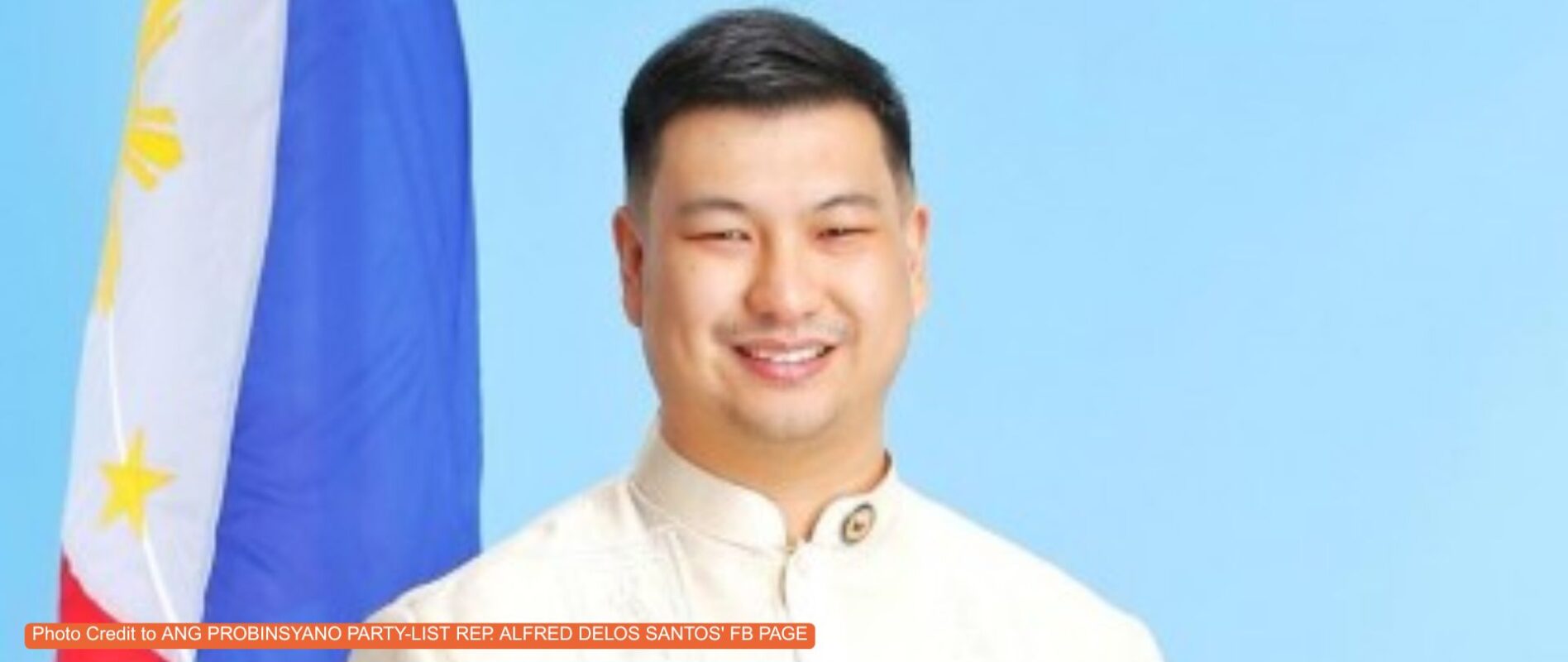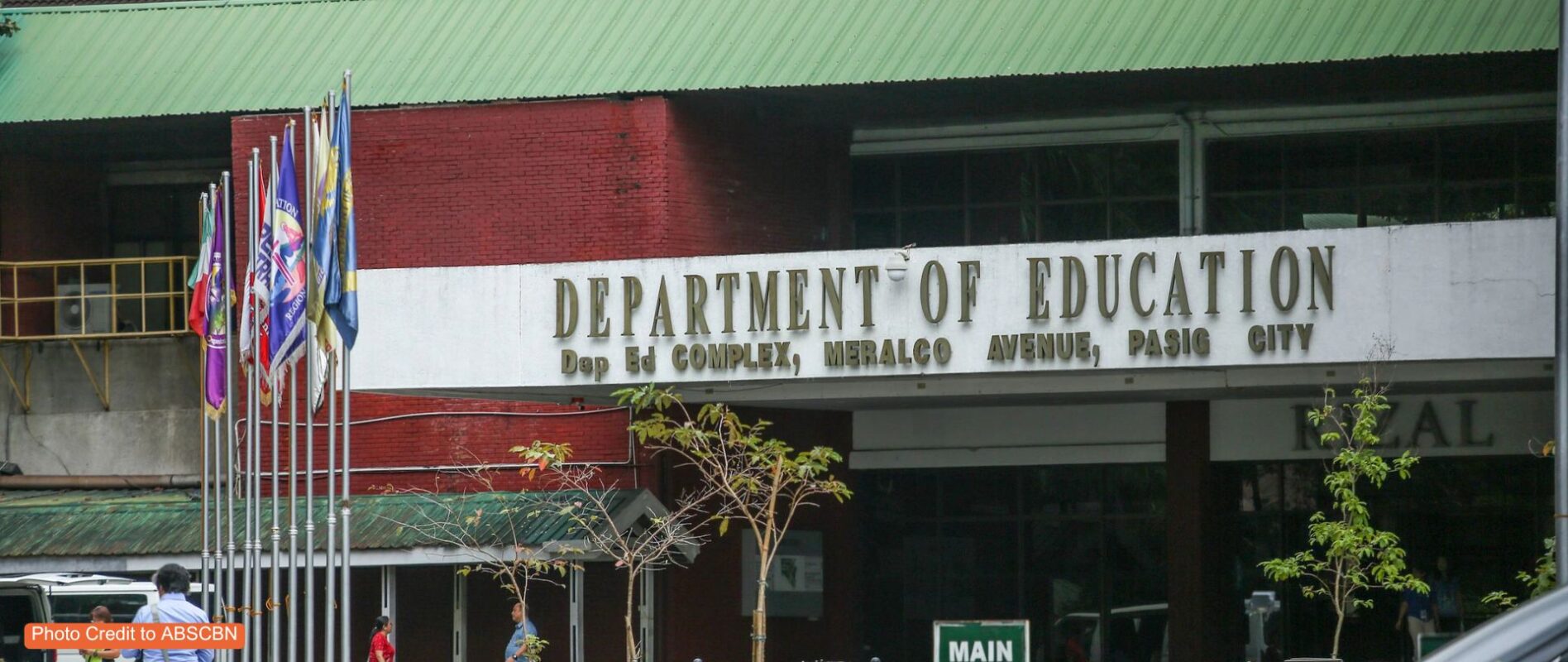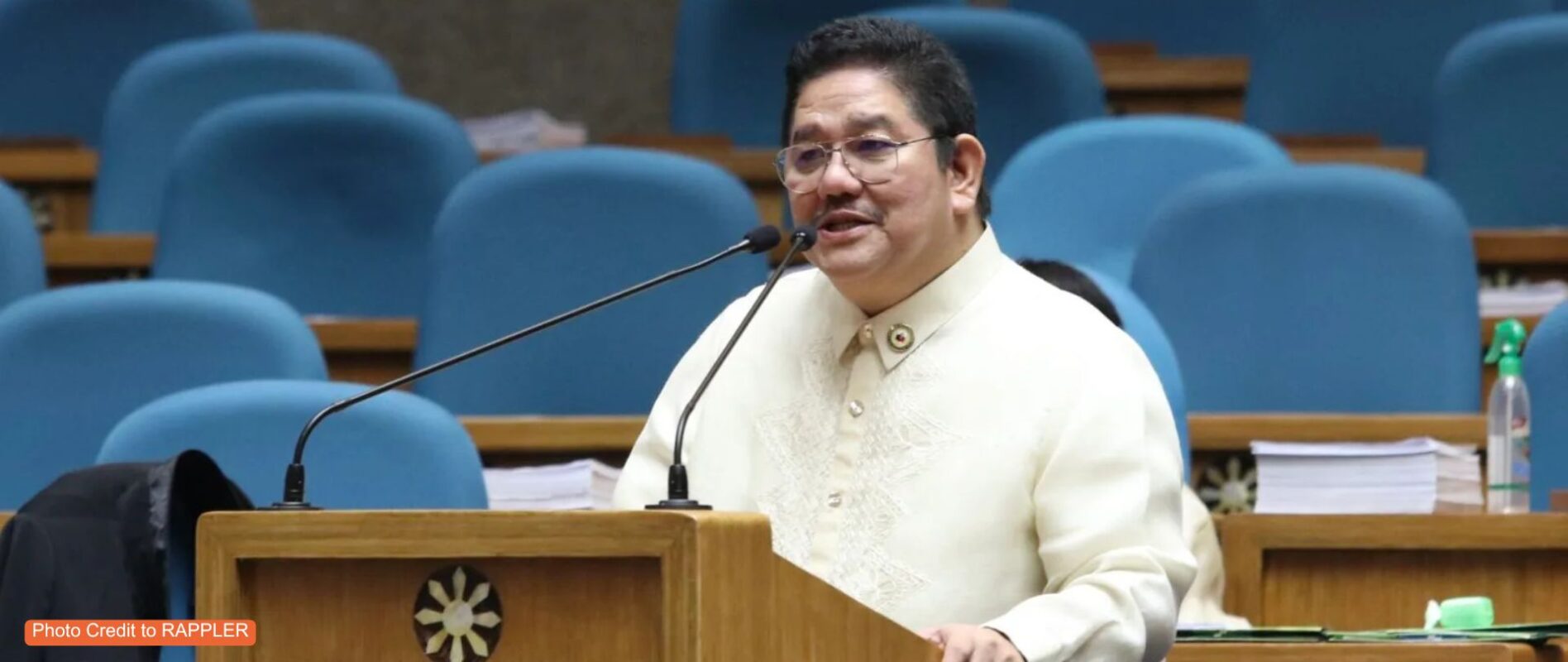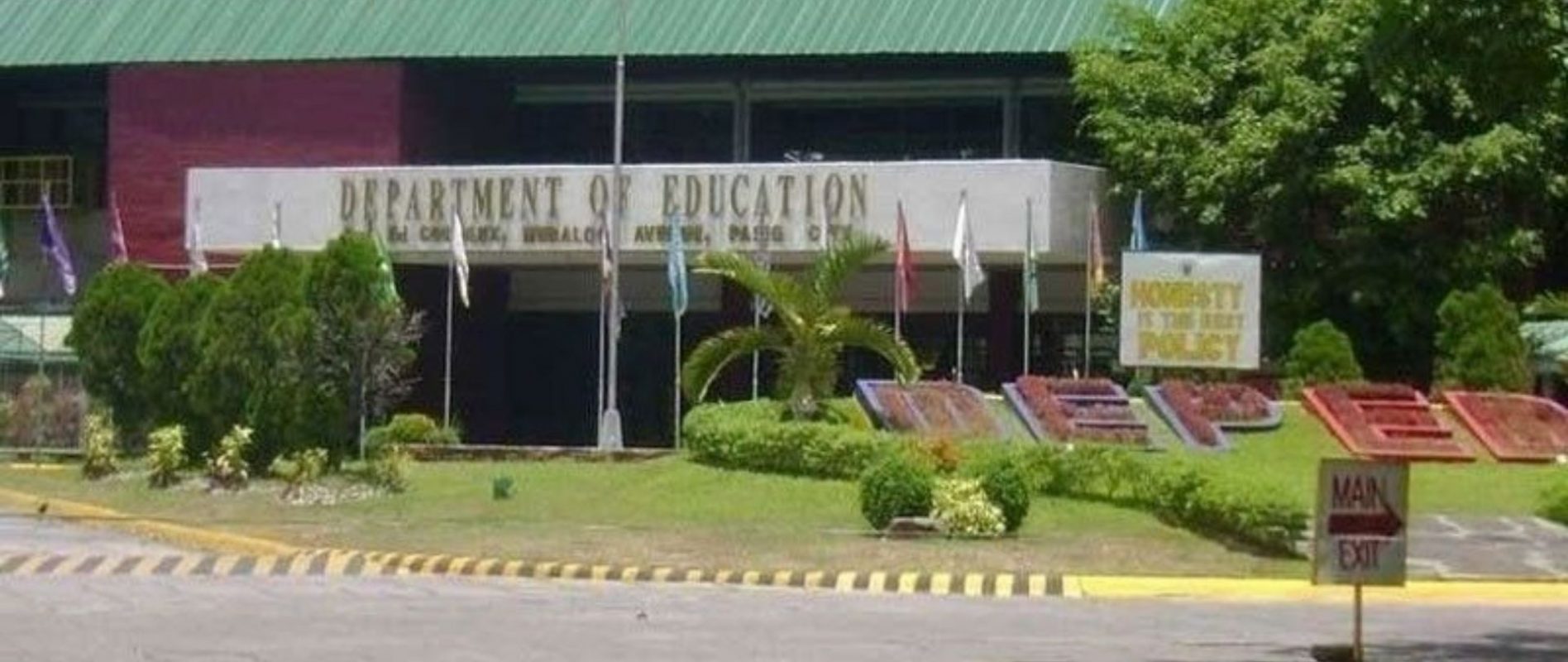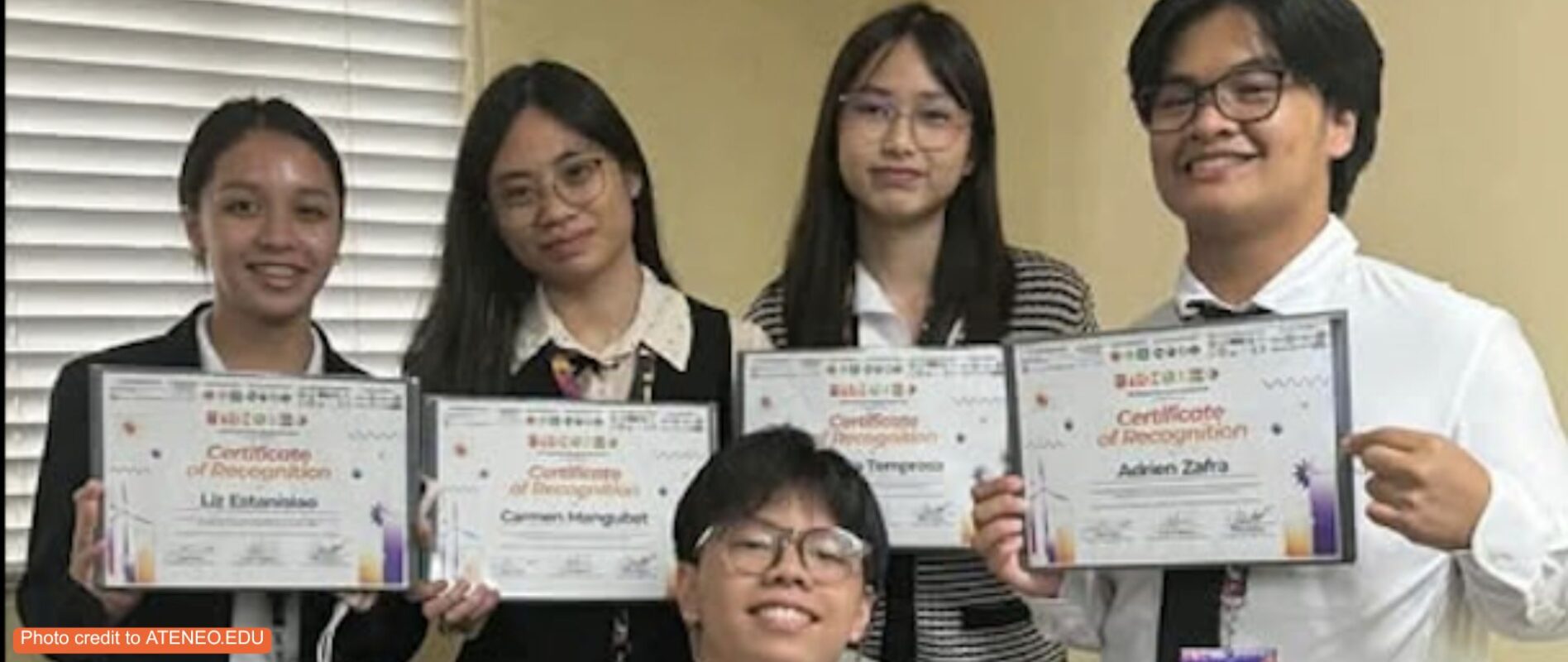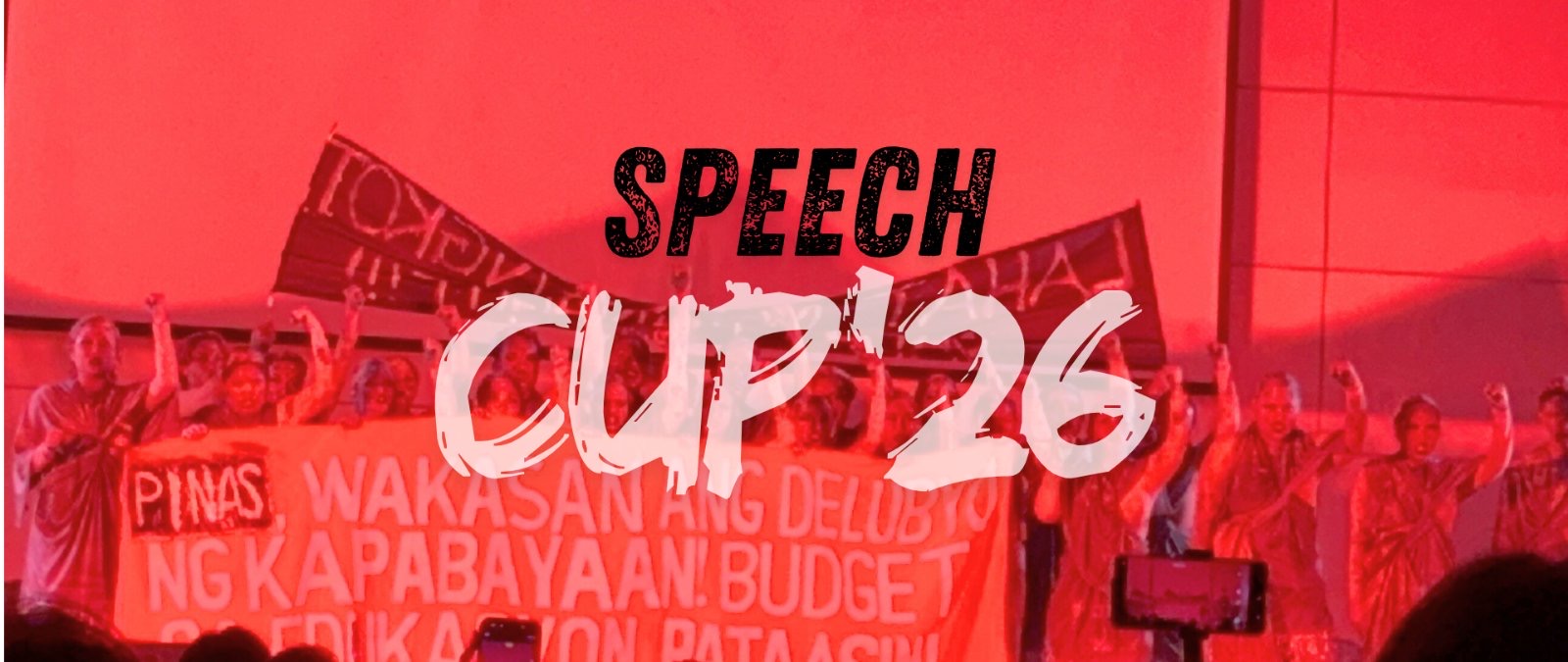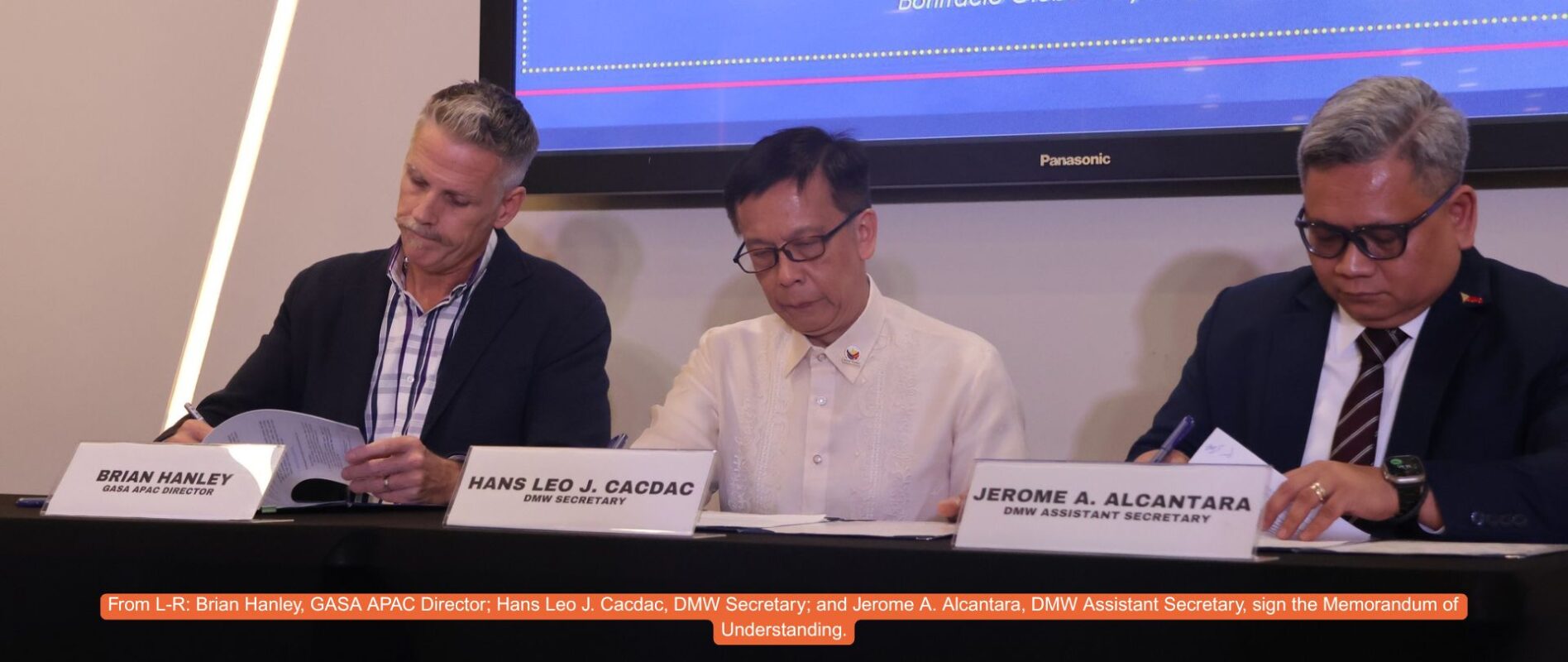DEPED’S NATIONAL CLIMATE CHANGE MEET FOCUSES ON MENTAL HEALTH AWARENESS
THE 4TH National Climate Change Conference was launched by the Department of Education last November 19 via live stream on the agency’s official Facebook page.
Anchored on the theme ‘Alpas: Channeling youth eco-anxiety to climate action’, the fourth iteration of the meet is celebrated in line with the Global Warming and Climate Change Consciousness Week (November 17-25) and the National Day of Youth for Climate Action (November 25) through DepEd’s Disaster Risk Reduction and Management Service
The opening ceremony was ushered with a 10-minute virtual meditation led by Joan Grace Llamado, Mental Health and Psychosocial Support Services in Emergencies Program Manager of DepEd-DRRMS.
Shortly after the opening remarks of Education Assistant Secretary for Curriculum and Instruction Alma Ruby Torio, guest speaker Anouchka Grose, a London-based British-Australian psychoanalyst, pointed out in her keynote speech how climate change affects the mental health of people.
“Almost all climate studies focused on the impact of the environment and wildlife. This one is particular because the focus is about the mental health of the human beings. Ninety percent of the human green landers experienced severe depression of anxiety, alcoholism, domestic violence and even suicide because of all the things that’s been happening around their environment,” she said.
Grose also emphasized the importance of strategies and mechanisms in coping with anxiety in times of emergencies including calamities.
“If you’re in a place of anxiety right now, just breathe deeply. Just stop. Don’t force yourself to do anything, just breathe,” she added.
In her book entitled “A Guide to Eco-Anxiety: How to Protect the Planet and Your Mental Health”, Grose shared three ways to deal with anxiety, namely practicing positive coping strategies like mindfulness, undergoing cognitive behavioral therapy, and taking medication when advised by a medical professional.
“Talking to people and sharing ideas…with people who are concerned with climate change is the best thing you can do,” she said.
Grose stressed she wouldn’t recommend medication, adding “You can’t really medicate people out of the climate crisis.”
Aimed at elevating the discussion on the impact of climate change on mental health and the actions that can be done to make meaningful change, four learners from different parts of the country presented their inspiring and proactive climate action stories.
Jiereycho Basilio from the Division of Navotas City shared his experiences as a performer in the 2019 Climate Action Advocacy Show. Divine Grlcz Dugan from the Division of Sta. Rosa City, who is also class valedictorian of The Green Beat Initiative: An Online Environmental Journalism Training for Campus Journalists and School Paper Advisers, challenged lawmakers to enact more laws on the protection of the environment specifically on reducing carbon emissions.
“We have to encourage the Congress to enact new, strict laws that limit carbon emissions and require polluters to pay for the emissions they produce,” Dugan said.
Meanwhile, Chatten Bion Abrera from the Division of Passi City cited his involvement as representative in the Regional Sub-Committee for the Welfare of Children Western Visayas, while Ckyr Leonardo from the Division of Valencia City underscored the importance of actionable efforts to address the problems of climate change.
“Nature alone can’t fix the problem. As an IP representative who values the importance of nature, care about the future, I want to give the next generation a better life. Do not ignore this problem, a little help will do. We must think of the future,” Leonardo said.
The conference will run until November 25 and various online learning sessions have been lined up to discuss the nexus between mental health and the climate crisis and provide opportunities to turn eco-anxiety into climate action.
Filipino sign language interpretation is provided for those who are deaf.


